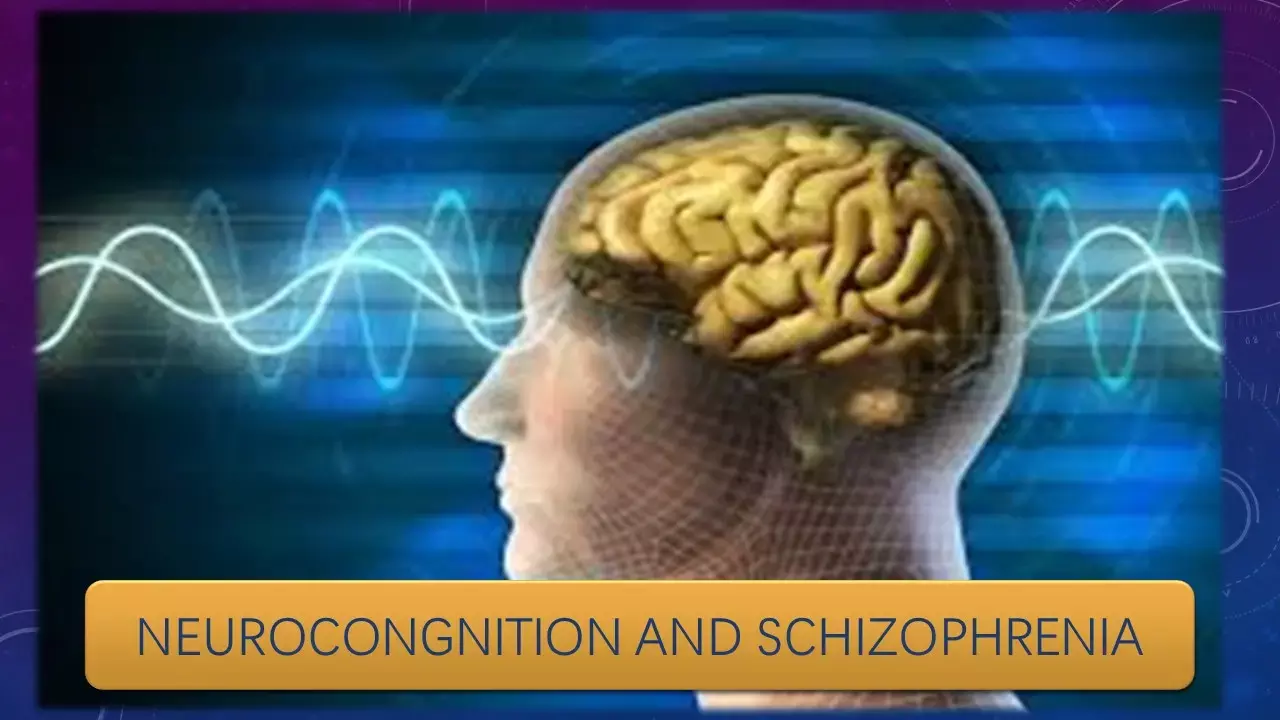- Home
- Medical news & Guidelines
- Anesthesiology
- Cardiology and CTVS
- Critical Care
- Dentistry
- Dermatology
- Diabetes and Endocrinology
- ENT
- Gastroenterology
- Medicine
- Nephrology
- Neurology
- Obstretics-Gynaecology
- Oncology
- Ophthalmology
- Orthopaedics
- Pediatrics-Neonatology
- Psychiatry
- Pulmonology
- Radiology
- Surgery
- Urology
- Laboratory Medicine
- Diet
- Nursing
- Paramedical
- Physiotherapy
- Health news
- Fact Check
- Bone Health Fact Check
- Brain Health Fact Check
- Cancer Related Fact Check
- Child Care Fact Check
- Dental and oral health fact check
- Diabetes and metabolic health fact check
- Diet and Nutrition Fact Check
- Eye and ENT Care Fact Check
- Fitness fact check
- Gut health fact check
- Heart health fact check
- Kidney health fact check
- Medical education fact check
- Men's health fact check
- Respiratory fact check
- Skin and hair care fact check
- Vaccine and Immunization fact check
- Women's health fact check
- AYUSH
- State News
- Andaman and Nicobar Islands
- Andhra Pradesh
- Arunachal Pradesh
- Assam
- Bihar
- Chandigarh
- Chattisgarh
- Dadra and Nagar Haveli
- Daman and Diu
- Delhi
- Goa
- Gujarat
- Haryana
- Himachal Pradesh
- Jammu & Kashmir
- Jharkhand
- Karnataka
- Kerala
- Ladakh
- Lakshadweep
- Madhya Pradesh
- Maharashtra
- Manipur
- Meghalaya
- Mizoram
- Nagaland
- Odisha
- Puducherry
- Punjab
- Rajasthan
- Sikkim
- Tamil Nadu
- Telangana
- Tripura
- Uttar Pradesh
- Uttrakhand
- West Bengal
- Medical Education
- Industry
Redefining real-life functioning in Schizophrenia, study highlights the role of neurocognition

Schizophrenia is no longer conceptualized as a progressive deteriorating illness. The clinical stability with persistent symptomatic remission is now considered a realistic outcome for most people. Hence, prospective identification of variables associated with real-life functioning domains is essential for personalized and integrated treatment programs. Mucci et al in their latest study published in JAMA Psychiatry, have shown that several variables associated with real-life functioning at follow-up are not routinely assessed and targeted by intervention programs.
The available evidence does not enable the drawing of solid conclusions regarding the variables associated with real-life functioning in people with schizophrenia across time owing to several methodological flaws:
(1) most studies have modest sample sizes (N ≤ 150);
(2) the assessment of is not always carried out using state-of-the-art instruments (eg, second-generation assessment instruments;
(3) social cognition impairment is not always evaluated;
(4) most studies explore global functioning or only 1 of the real-life functioning domains, which might have distinct determinants; and
(5) functional capacity is seldom included.
The present longitudinal study aimed to address some of these limitations and to assess whether baseline illness related variables, personal resources, and context-related factors were associated with work skills, interpersonal relationships, and everyday life skills at 4-year follow-up.
This 4-year cohort study, involving 618 clinically stable participants with schizophrenia, identified social and nonsocial cognition, avolition, and positive symptoms as the main baseline factors associated with real-life functioning at follow-up. Baseline everyday life skills were associated with changes in work skills at follow-up.
In the latent change score model, higher neurocognitive abilities were associated with improvement of everyday life and work skills, social cognition and functional capacity; better baseline social cognition with improvement of work skills and interpersonal and better baseline everyday life skills with improvement of work skills. This is the first prospective study including a broad range of variables (ie, illness-related variables, personal resources, and context-related factors) that used state-of-the art assessment instruments to identify factors associated with functional outcome in a large sample of community-dwelling persons with schizophrenia.
Neurocognition was by far the variable with the strongest association with the everyday life skills domain of functioning, which is crucial for independent living and for reducing the burden on families and society.
"Findings of this large prospective study suggested that baseline variables associated with functional outcome at follow-up included domains not routinely assessed and targeted by intervention programs in community mental health services. The key roles of social and nonsocial cognition and of baseline everyday life skills support the adoption in routine mental health care of cognitive training programs combined with personalized psychosocial interventions aimed to promote independent living", concluded the authors.
Source: JAMA Psychiatry: doi: 10.1001/jamapsychiatry.2020.4614. Online ahead of print
M.B.B.S, M.D. Psychiatry
M.B.B.S, M.D. Psychiatry (Teerthanker Mahavir University, U.P.) Currently working as Senior Resident in Department of Psychiatry, Institute of Human Behaviour and Allied Sciences (IHBAS) Dilshad Garden, New Delhi. Actively involved in various research activities of the department.
Dr Kamal Kant Kohli-MBBS, DTCD- a chest specialist with more than 30 years of practice and a flair for writing clinical articles, Dr Kamal Kant Kohli joined Medical Dialogues as a Chief Editor of Medical News. Besides writing articles, as an editor, he proofreads and verifies all the medical content published on Medical Dialogues including those coming from journals, studies,medical conferences,guidelines etc. Email: drkohli@medicaldialogues.in. Contact no. 011-43720751


